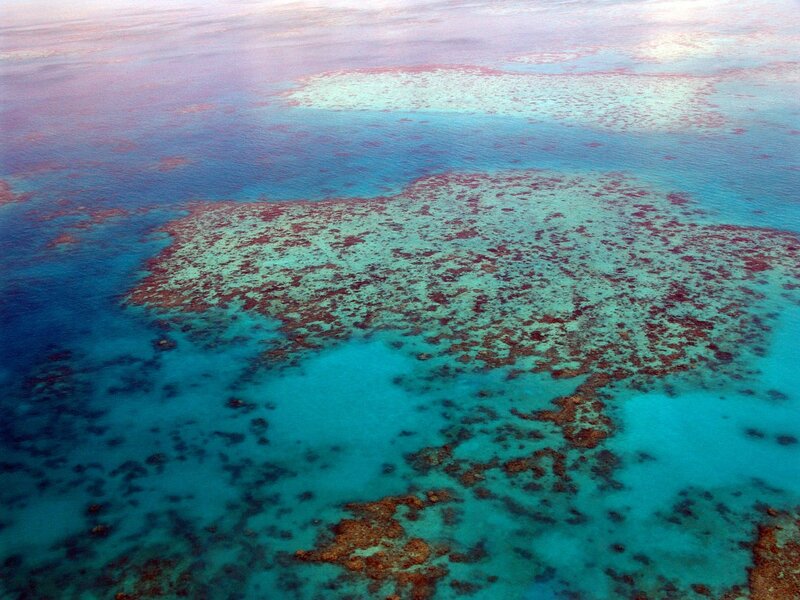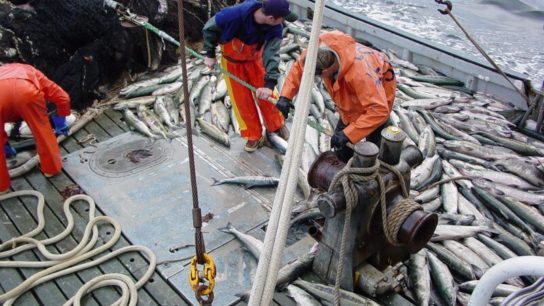A new study has found that warmer ocean temperatures driven by the climate crisis have caused Australia’s Great Barrier Reef to lose more than half of its corals since 1995, which researchers say will continue unless drastic action is taken to mitigate the effects of the climate crisis.
—
A variety of corals in the Great Barrier Reef, the world’s largest reef system, suffered a decline over the past quarter-century, with the most drastic falls occurring after mass bleaching events in 2016 and 2017. In August 2019, the outlook of the reef was downgraded to “very poor’ and this year, the reef suffered its third mass bleaching event in five years.
The researchers of the study, published in the journal Proceedings of the Royal Society B and conducted at the ARC Centre of Excellence for Coral Reef Studies in Queensland, assessed the health and size of coral colonies across the reef from 1995 to 2017. It found that populations had dropped by more than 50% in all coral sizes and species, but especially in branching and table-shaped corals, the large, structural species which provide habitats for fish and other marine life.
Terence Hughes, one of the researchers, says, “We used to think the Great Barrier Reef is protected by its sheer size- but our results show that even the world’s largest and relatively well-protected reef system is increasingly compromised and in decline.”
Corals are able to recover if conditions return to normal, but it can take decades. We are living in a world where anthropogenic changes will warm the planet for decades to come before any climate action begins to take effect, so conditions in the reef are unlikely to return to normal in time for a full recovery.
You might also like: How the Maldives is Saving its Coral Reefs
According to the BBC, a 2019 study found that damaged corals struggled to recover because most of the adult corals had died. According to lead author Dr Andy Dietzel, a healthy coral population should have millions of baby coral as well as many large ones. The ability of the reef to recover has been compromised because there are fewer babies, and fewer large breeding adults.
The reef was designated a World Heritage Site in 1981 for its “enormous scientific and intrinsic importance,” but the past decade has seen the reef damaged by warmer seas which have killed off coral and other sea life and sped up the growth of algae and other contaminants.
On Twitter, Hughes took aim at government leaders and particularly the “Murdoch press”- referring to Rupert Murdoch, whose titles account for nearly two-thirds of metropolitan circulation in Australia and who famously ignore or vilify climate change research- for ignoring the study. The Australian government has repeatedly resisted calls to reduce carbon emissions even as heat waves, droughts and fires continue to ravage the country.
The UN has warned that if global temperature rise reaches 1.5 degrees Celsius by the end of the century, 90% of the world’s corals will be wiped out.
All hope is not lost however. At the local level, nitrogen pollution, which exacerbates bleaching, can be controlled by controlling and mitigating fertiliser and sewage runoff, according to a study. As corals account for billions of dollars in global tourism for many countries around the world, especially Australia, it is certainly in their best interests to mitigate their carbon emissions.

















